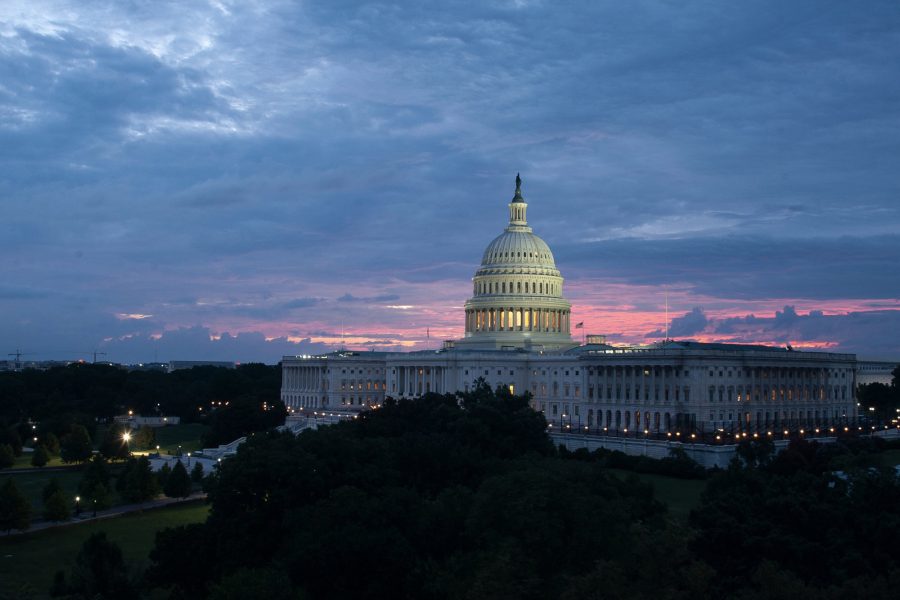The House and Senate Armed Services Committees are scrambling to learn more about how the coronavirus pandemic could affect the U.S. military, while also trying to keep the major annual defense policy bill on track.
“The committee is in constant contact with DOD about its response to coronavirus and how it can most effectively support the national COVID-19 response efforts,” SASC spokeswoman Marta Hernandez said. “We believe current authorities give the department the latitude it needs to respond appropriately.”
“If/when it becomes clear that activities are needed beyond the efforts that are already being considered, the Senate Armed Services Committee stands ready to initiate and support the required legislation,” she said.
HASC spokeswoman Monica Matoush added that the House committee is not working on any specific proposals at the moment.
Coronavirus has already spurred broad cancellations in military life, from training exercises to technology showcases, and halted the worldwide movement of service members and their families. In many regards, the armed forces are trying to carry on as normal while isolating people who show symptoms of COVID-19 and aggressively cleaning workspaces. Defense manufacturers are also monitoring the virus’ spread and its effects on the supply chain.
Various medical experts like Andy Slavitt, the Obama-era acting administrator of the Centers for Medicare and Medicaid Services, are offering their knowledge to HASC. That input could shape the Pentagon’s efforts to support the domestic pandemic response, which so far spans tapping the National Guard in some states, preparing hospital ships to take non-coronavirus patients, and offering thousands of N95 masks and ventilators.
“DOD has good resources,” Slavitt told Air Force Magazine. “Everyone is brainstorming.”
It’s possible that pandemic-related provisions could make it into the massive authorization bill for 2021 that is now taking shape.
HASC is planning an April 30 markup, typically a marathon session of debates over the core provisions and added amendments with all committee members in the room. Hernandez said SASC Chairman Sen. Jim Inhofe (R-Okla.) still wants to mark up the Senate’s draft National Defense Authorization Act by the end of May.
“The committee is continuing to take every step needed to meet this deadline, while also taking necessary precautions pursuant to recommendations from the [Centers for Disease Control and Prevention] and the Office of the Attending Physician,” she said.
Matoush said HASC is figuring out how the NDAA process could run remotely using teleworking software. House lawmakers want to get the bill to the chamber floor for a vote by mid-May.
“Our team is looking at what is currently available, who has access, and how those tools meet the committee’s needs before any decisions can be made,” she said. “Currently, HASC staff is teleworking and using Microsoft Teams to chat and video teleconference to continue our work on the NDAA, and it has proven effective on this scale, but we’re not sure how it translates on a larger scale.”
The 2021 defense policy bill is expected to hash out details of the fledgling Space Force along with its typical recommendations for weapons procurement, personnel reforms, and more.
